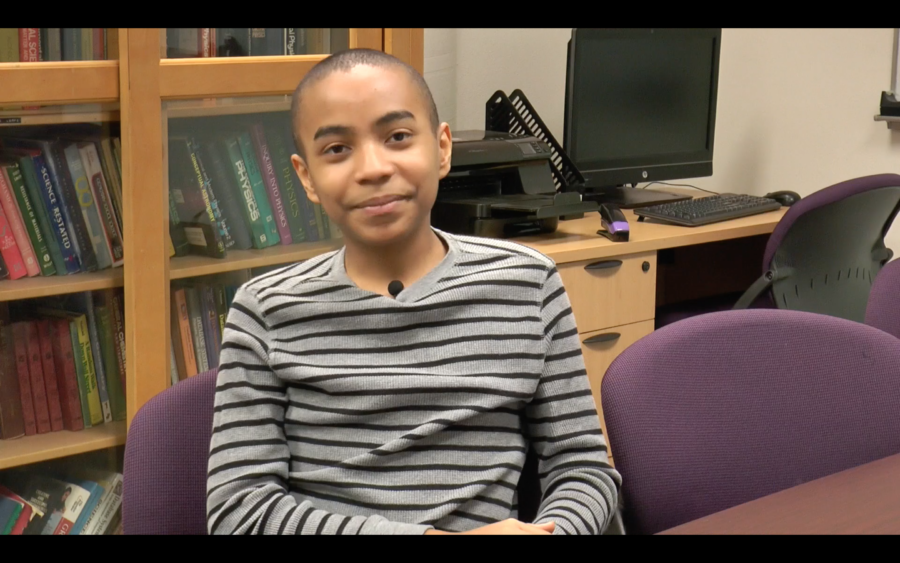A state bill that could put more teachers in Texas classrooms leaves education professionals unimpressed. The State Board of Education approved a bill Feb. 27 that allows anyone with a bachelor’s degree and who passes a competency exam to receive a two-year teaching certification for grades eight through 12. According to the bill, a school district that hires someone with a temporary certificate must provide the person with intensive support during the first year, including mentoring, professional development and knowledge on how to discipline students. The approved bill may help place teachers in schools that are shorthanded. “Texas will need more than 82,000 new teachers by 2008, and the Bureau of Labor Statistics projects teaching as one of the fastest growing occupations over the next five to 10 years and beyond,” said Carole Keeton Strayhorn, Texas comptroller, in a news release. The certification is only valid in the first school district where the teacher chooses to work. Diana Woolsey, director of teacher certification at TCU, said to earn complete certification the Pedagogy and Professional Responsibilities exam must be taken, but isn’t taken until after the two-year period. The professional development exam tests a person’s understanding on how to manage and motivate students, and is required for state certification. Ranae Stetson, an associate professor of education, said the exam is important because it tests how to present information and in what order to get students to learn. The exam is not necessary to make someone a good teacher, said JoAnn Muldrew, an assistant director for records and certification of Fort Worth Independent School District. “You’ll need several things to make a good teacher, like knowledge of child development and experience with adolescents,” she said. Robert Doran, mathematics chairman, said the bill will provide teachers for students who presently have none at all, but it also has the potential of placing unqualified teachers in the classroom. “It is very important to emphasize that this is a temporary fix,” Doran said. Muldrew said the bill is not in the best interest of students, and because it is optional, they decided to not offer it in the Fort Worth ISD. “We think the schools are doing a good job as of right now and we would prefer fully trained teachers,” she said. TCU education professors don’t see this proposal as the best way to get new teachers in classrooms. “We have been fooling around with these policies for a century,” said Mike Sacken, a professor of education. “We have tried all of these things and, as soon as they start costing money, they go away.” Woolsey said teachers who go into the classroom without having any exposure to education course work, or who haven’t participated in a public classroom, go in without important tools that they have to learn while they are teaching. “It is difficult for them,” Woolsey said. “While they are learning how to teach, their students aren’t getting the best opportunities to learn because their teacher is really a student too.” Karry Chapman, assistant superintendent of Human Resources of Hurst-Euless-Bedford Independent School District, said the bill will only be used under extreme circumstances of need. “Our obligation is to interview and hire from certified candidates,” he said. Stetson said the school districts are just looking for a warm body, not a qualified one. “When the Legislature decides to save teaching once again, I just smile and nod and wait because it will come and it will go,” Sacken said. “It is like having a dog that is not completely housebroken. Pretty often when they go into session, something is coming out of there that is about the policy equivalent of dog poop.” Staff Reporter Lauren Lea contributed to this story.
Categories:
Educators see bill as temporary fix
Published Mar 11, 2004
More to Discover

